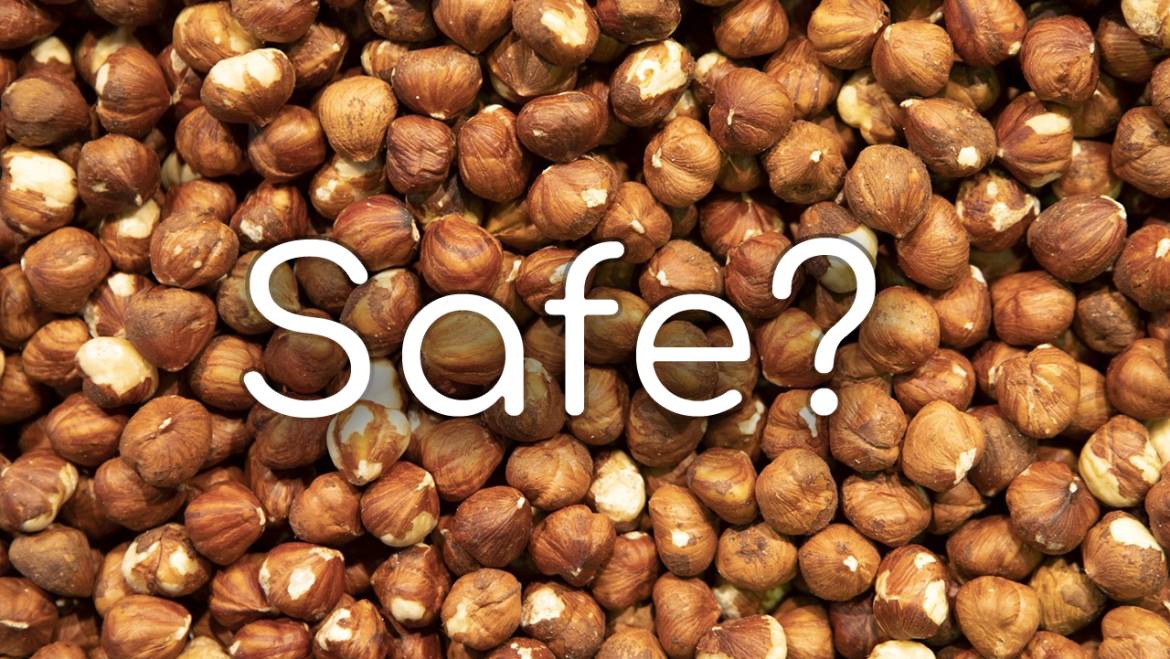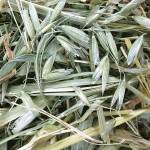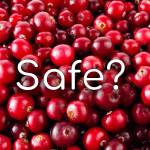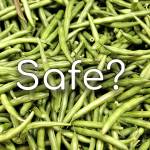As a chinchilla owner, you want to provide your furry friend with a healthy and balanced diet. However, it can be challenging to determine what foods are safe for chinchillas to consume. One popular nut that many people wonder about is hazelnuts. In this article, we will explore the question, “Can chinchillas eat hazelnuts?” and provide you with all the information you need to know.
Hazelnuts: A Brief Overview
Hazelnuts are a popular snack and ingredient in many recipes. They are high in healthy fats, fiber, and vitamins, making them a nutritious food for humans. However, when it comes to chinchillas, hazelnuts are not the best choice.
Why Chinchillas Can’t Eat Hazelnuts
Chinchillas have specific dietary requirements that are different from humans and other animals. They require a diet that is high in fiber and low in fat and sugar. Hazelnuts, on the other hand, are high in fat and calories, which can lead to weight gain and other health problems in chinchillas.
In addition to their high-fat content, hazelnuts also contain phosphorus and calcium in a ratio that is not ideal for chinchillas. This can lead to mineral imbalances and other health issues, such as bladder stones.
Hazelnuts also contain tannins, which can inhibit the absorption of nutrients and lead to digestive problems in chinchillas. Tannins are naturally occurring compounds found in many plant foods, including nuts and seeds.
Overall, while hazelnuts may be a nutritious food for humans, they are not a suitable food for chinchillas.
What to Feed Your Chinchilla Instead of Hazelnuts
Chinchillas require a diet that is high in fiber and low in fat and sugar. The best foods to feed your chinchilla include hay, pellets, and fresh vegetables. Timothy hay should make up the majority of your chinchilla’s diet, as it is high in fiber and helps maintain healthy digestion.
Pellets should also be included in your chinchilla’s diet, but they should be high-quality and specifically formulated for chinchillas. Look for pellets that are low in fat and sugar and contain a balanced blend of nutrients.
Fresh vegetables can be offered in small quantities as a treat. Some safe vegetables for chinchillas include carrots, kale, and cilantro. However, it’s important to introduce new foods slowly and in small quantities to avoid digestive upset.
Water is also essential for chinchillas, and fresh, clean water should be available at all times.
Potential Health Problems from Feeding Hazelnuts to Chinchillas
Feeding hazelnuts to chinchillas can lead to several health problems, including weight gain, mineral imbalances, digestive problems, and dental issues.
- Weight Gain: Hazelnuts are high in fat and calories, which can lead to weight gain in chinchillas. Overweight chinchillas are more prone to health problems, such as liver disease and diabetes.
- Mineral Imbalances: Hazelnuts contain phosphorus and calcium in a ratio that is not ideal for chinchillas. This can lead to mineral imbalances and other health problems, such as bladder stones.
- Digestive Problems: Hazelnuts contain tannins, which can inhibit the absorption of nutrients and lead to digestive problems in chinchillas. Digestive problems can lead to diarrhea, bloating, and other health issues.
- Dental Issues: Chinchillas have open-rooted teeth, which means their teeth never stop growing. Feeding hazelnuts, or any other hard food, can cause dental issues, such as overgrowth or tooth fractures.
In conclusion, chinchillas cannot eat hazelnuts. While hazelnuts are a nutritious food for humans, they are not suitable for chinchillas due to their high-fat content, imbalanced mineral content, and tannins that can lead to digestive problems. Chinchillas require a diet that is high in fiber and low in fat and sugar, which can be achieved through hay, pellets, and fresh vegetables. It’s important to avoid feeding your chinchilla any human food, including nuts, to prevent potential health problems. By providing your chinchilla with a healthy and balanced diet, you can help ensure they live a long and happy life.







